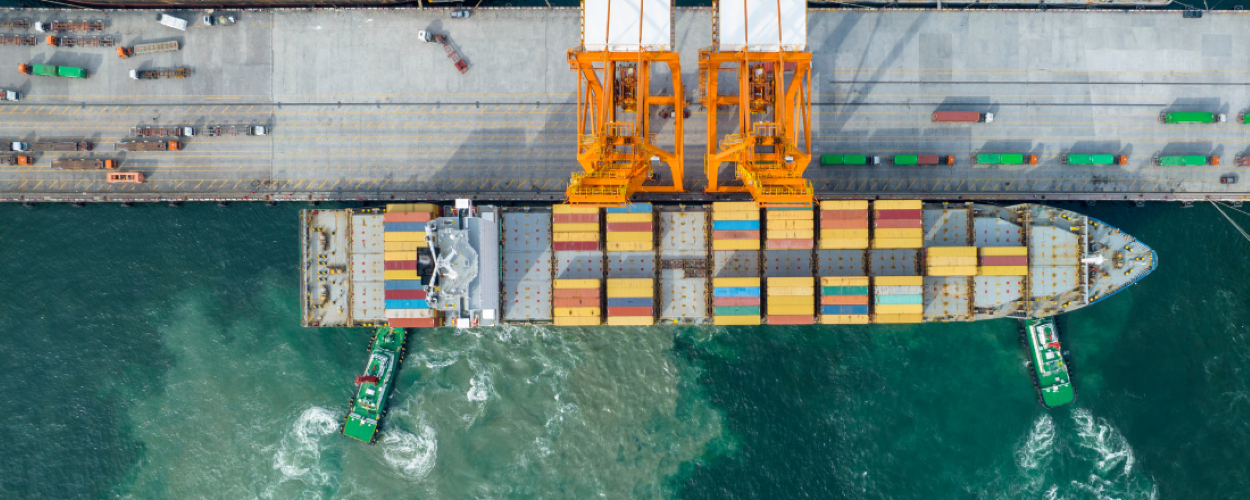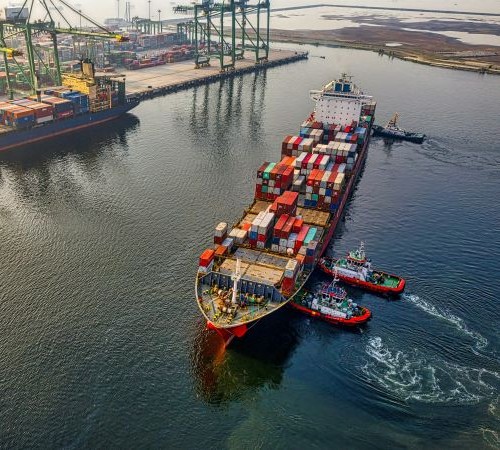Overview of the report
The maritime industry contributes 2.8% of global greenhouse gas emissions, which is expected to rise, making it an important target for decarbonisation efforts.
The report compares four alternative, low-carbon fuel sources that could power UK shipping and maritime transport. The fuels considered are hydrogen, ammonia, methanol and synthetic hydrocarbons, which the industry views as the most likely and practical decarbonisation options.
This work was scoped in collaboration with the UK Government’s Department for Transport. It aims to support policymakers in deciding what role each of these low-carbon fuelling options will play in reducing emissions in the maritime sector, by the targets outlined in the UK’s Maritime Decarbonisation Strategy.
This comparison of low-carbon fuel sources could also help other countries decide how to decarbonise their maritime sectors.

Maritime creates around 3% of global greenhouse gas emissions and is crucial for transporting over 95% of UK imports and exports according to DfT analysis, making it an important sector to decarbonise for a net zero economy. The decisions that UK maritime takes towards a low-carbon future need to be considered holistically, with other parts of the energy system in mind. Maritime won’t be the only sector to use these fuels and different low-carbon options each require different types of investment in energy production or new infrastructure. We hope that this report, combined with further analysis of operational costs, will help policymakers to choose the energy mix of alternative fuels that will deliver the most impact to reduce emissions.
Professor Nilay Shah OBE FREng CEng FIChemE, one of the lead authors of the report.
What are low-carbon fuels?
Low-carbon fuels are a diverse group of fuels that emit fewer emissions across their lifecycle than traditional fossil fuels. They play a crucial role in the UK’s strategy to decarbonise transport, especially in sectors like shipping, aviation, and heavy-duty road transport, where options such as electrification are not yet available.
To be considered as a viable low-carbon option, the production, transport and storage of these fuels should be evaluated, as well as safety and environmental concerns. For a carbon-free approach, the fuels could be based on renewable electricity, water and nitrogen and carbon dioxide from the atmosphere.
When combined with direct air capture technology, hydrogen, ammonia, methanol, and synthetic hydrocarbons can be produced in a way that leads to no direct carbon dioxide emissions. Due to the potential of some combination of these different low-carbon fuels to power the maritime sector, they are compared in this report.
Key findings from the report
Carbon neutrality
Each of the fuels considered can be produced in a way that leads to no direct carbon dioxide emissions. However, this relies on the availability of renewable energy and direct capture technology, which is not currently in a mature state. The costs of the different fuels are higher than those derived from fossil fuel today, but renewables are a competitive option when factoring in the cost of carbon associated with the various approaches.
Energy density
Maritime fuels need to be highly energy-dense, given the long distances and heavy loads they are used for. Hydrogen and synthetic hydrocarbons are energy-dense fuels, so would suitably replace energy-dense fossil fuels. Methanol and ammonia are less dense, requiring more fuel and larger storage tanks.
Infrastructure
The fuels have different implications for existing infrastructure. Using hydrogen would require significant overhauls of existing fuel infrastructure and ship engine systems. Ammonia and methanol would have less significant implications, however require additional costs. Synthetic hydrocarbons would have minimal implications, using existing infrastructure, vessels, and engines.
Energy input and cost
The production of low-carbon maritime fuels is generally more energy-intensive and costly than the production of traditional fossil fuels and requires a significant amount of renewable energy. This cost is mitigated once the wider costs of fossil fuels are factored in. Advances in renewable energy technologies and improvements in fuel production processes may help to decrease costs and increase efficiency.
Sustainability of feedstocks
The production of ammonia, methanol and synthetic hydrocarbons relies heavily on the availability of renewable feedstocks, such as hydrogen and carbon dioxide. This has implications for production and storage. For instance, green hydrogen can only be effectively produced in areas with high renewable electricity potential.

Why is it important to take a systems approach to decarbonisation?
Decarbonising maritime fuelling is a complex challenge that demands a systems approach, because solutions targeting one aspect of the system in isolation may impact others, resulting in negative unintended consequences.
It is important to understand the interconnections between different parts of the system and how they might interact to achieve the desired goal.
For example, while alternative fuelling options may mitigate greenhouse gas emissions, they come with other trade-offs, including environmental considerations, infrastructure requirements in terms of power generation, production, transport, storage, and safety, and financial cost.
All these need to be considered from a whole systems perspective to ensure that interventions are effective.
Conclusion
Although this report focuses on the assessment of individual fuel types in isolation, it is recommended that future work consider various combinations of fuels, which may be the most effective way to meet demand.
The report’s evaluation of each of the low-carbon fuels indicates that renewable sources are economically competitive with traditional fossil fuel-based sources used in maritime.
There is a trade-off between the cost of production and the cost of conversion needed downstream. Synthetic hydrocarbons are the most expensive to produce but do not require changes to downstream infrastructure. Methanol and ammonia may be a promising compromise between these competing considerations.
Producing alternative maritime fuels also requires identifying suitable locations that are close to sources of renewable electricity and to regions linked to the shipping industry where there is high demand for maritime fuels.
Further analysis is needed to determine exactly what role each of these low-carbon fuelling options will play in the future maritime sector.

Contact us
For further information about this project, or to share evidence on low-carbon maritime fuelling, please contact the Royal Academy of Engineering team: [email protected].
Acknowledgements
The report was developed by the National Engineering Policy Centre and Institution of Chemical Engineers in collaboration with the Department for Transport. The National Engineering Policy Centre commissioned the Sargent Centre for Process Systems Engineering, a Multi-Institutional Research Centre of departments at Imperial College London and University College London to develop the report.
Authors
Professor Nilay Shah OBE FREng, Professor of Process Systems Engineering, Imperial College London
Professor David Bogle FREng, Professor of Chemical Engineering and Pro-Vice-Provost of the Doctoral School, University College London, and Past President of the Institution of Chemical Engineers
Georgios Bounitsis, University College London
Jasmin Cooper, Imperial College London
Francisca Jalil-Vega, University College London
Niki Triantafyllou, Imperial College London
Reviewers
Professor Rene Bañares-Alcantara, Reader in Engineering Science, University of Oxford
John MacArthur FREng, Vice President Group Carbon, Shell
Professor Epaminondas Mastorakos FREng, Hopkinson/ICI Professor of Applied Thermodynamics, University of Cambridge
Carlo Palazzi, Policy Liaison Officer, University of Oxford
Professor Stephen Turnock, Head of Department of Civil, Maritime, and Environmental Engineering at University of Southampton
The Institution of Chemical Engineers’ Learned Society Committee
Members of the National Engineering Policy Centre’s Net Zero Working Group with particular thanks to:
Mark Apsey MBE, President, Institution of Chemical Engineers 2024–25
Professor Jim Hall FREng, Professor of Climate and Environmental Risks, University of Oxford and Vice President of the Institution of Civil Engineers
Quality control and oversight
Members of the Engineering Policy Centre Committee with particular thanks to:
Professor Nick Jennings CB FREng, Vice-Chancellor and President of Loughborough University
Professor Phil Blythe CBE FREng, Professor of Intelligent Transport Systems, Newcastle University
Professor Dave Delpy CBE FREng, Emeritus Professor of Medical Photonics, University College London
Penelope Endersby FREng, Chief Executive of the Met Office,
Professor Eleanor Stride OBE FREng, Professor of Engineering Science, University of Oxford
Related policy work
Decarbonising construction
The construction industry plays a vital role in the economy but must decarbonise if the UK is to meet net zero by 2050
The role of hydrogen in a net zero energy system
A comprehensive understanding of how low-carbon hydrogen could contribute to achieving net zero.
System impacts of aviation fuel switching
Read the summary of a National Engineering Policy Centre workshop exploring the needs and impacts of a range of aviatio…
Net Zero
Taking a systems approach to achieving net zero by 2050
